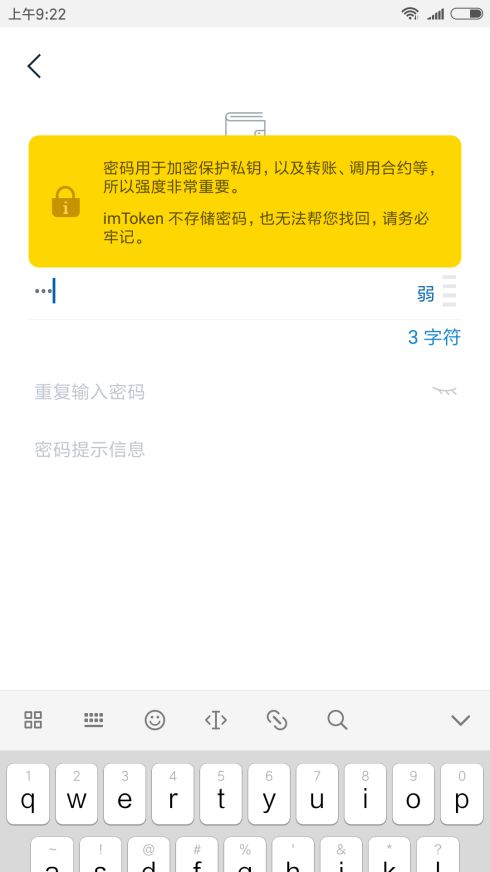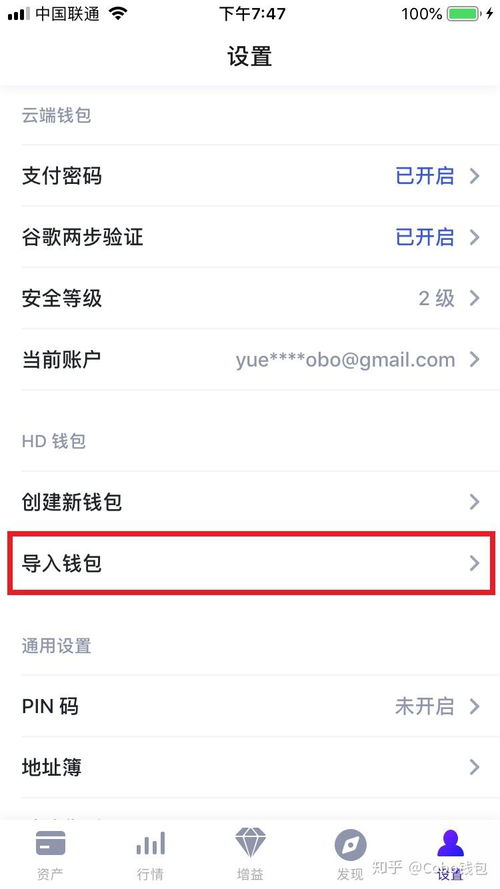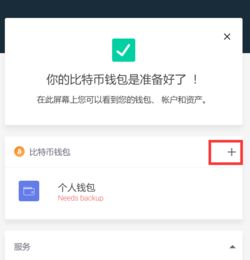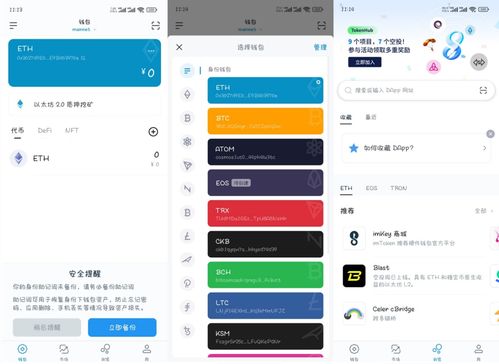
Wallet mnemonics are an essential component of cryptocurrency security, serving as a backup for accessing digital assets. This article delves into whether wallet mnemonics are universally applicable and the factors that influence their universality.

Wallet mnemonics are a series of words that represent the private key of a cryptocurrency wallet. These words are generated using a specific algorithm and are used to recover the wallet's funds in case of loss or damage to the device storing the wallet. They are often presented in a sequence of 12, 18, or 24 words, depending on the wallet's configuration.

Wallet mnemonics are designed to be universally applicable across different wallets and platforms. This means that, in theory, a mnemonic generated for one wallet should work with another wallet that supports the same cryptocurrency. However, there are certain factors that can affect their universality:
1. Cryptocurrency Compatibility
Wallet mnemonics are specific to the cryptocurrency they were generated for. For example, a mnemonic for Bitcoin will not work with Ethereum or any other cryptocurrency. Therefore, the universality of a mnemonic is contingent upon the cryptocurrency it was created for.
2. Wallet Platform Support
While many wallets support the same cryptocurrencies, not all wallets are compatible with each other. Some wallets may have unique features or security measures that require specific implementations of the mnemonic generation and recovery process. This can limit the universality of mnemonics across different wallet platforms.
3. Language and Cultural Considerations
Wallet mnemonics are typically generated in English, but they can also be generated in other languages, such as Chinese, Spanish, or French. The universality of a mnemonic can be affected by the language in which it is generated, as some wallets may not support non-English mnemonics. Additionally, cultural considerations can play a role in the universality of mnemonics, as certain words or phrases may not be easily understood or recognized in different cultures.

Despite the potential limitations in universality, there are best practices that can help ensure the successful use of wallet mnemonics:
1. Choose a Secure Wallet
When selecting a wallet, make sure it supports the cryptocurrency you want to store and has a good reputation for security. This will help ensure that your mnemonic is compatible with the wallet and that your funds are safe.
2. Backup Your Mnemonics
Always keep a secure backup of your wallet mnemonics. Store them in a safe and accessible place, such as a physical wallet or a secure digital storage solution. Avoid sharing your mnemonics with others, as they can be used to access your funds.
3. Use a Mnemonic Generator Tool
When generating mnemonics, use a reputable mnemonic generator tool that adheres to the BIP39 standard. This will help ensure that your mnemonics are compatible with a wide range of wallets and platforms.
4. Be Mindful of Language and Cultural Differences
When using mnemonics in different languages or cultures, be mindful of potential misunderstandings or misinterpretations. It's always a good idea to verify the compatibility of your mnemonics with the wallet and platform you plan to use.

While wallet mnemonics are designed to be universally applicable, their actual universality can be influenced by various factors, including cryptocurrency compatibility, wallet platform support, and language/cultural considerations. By following best practices and being aware of these factors, users can maximize the effectiveness and security of their wallet mnemonics.

Wallet Mnemonics, Cryptocurrency Security, BIP39, Universal Compatibility, Wallet Platforms, Language Considerations